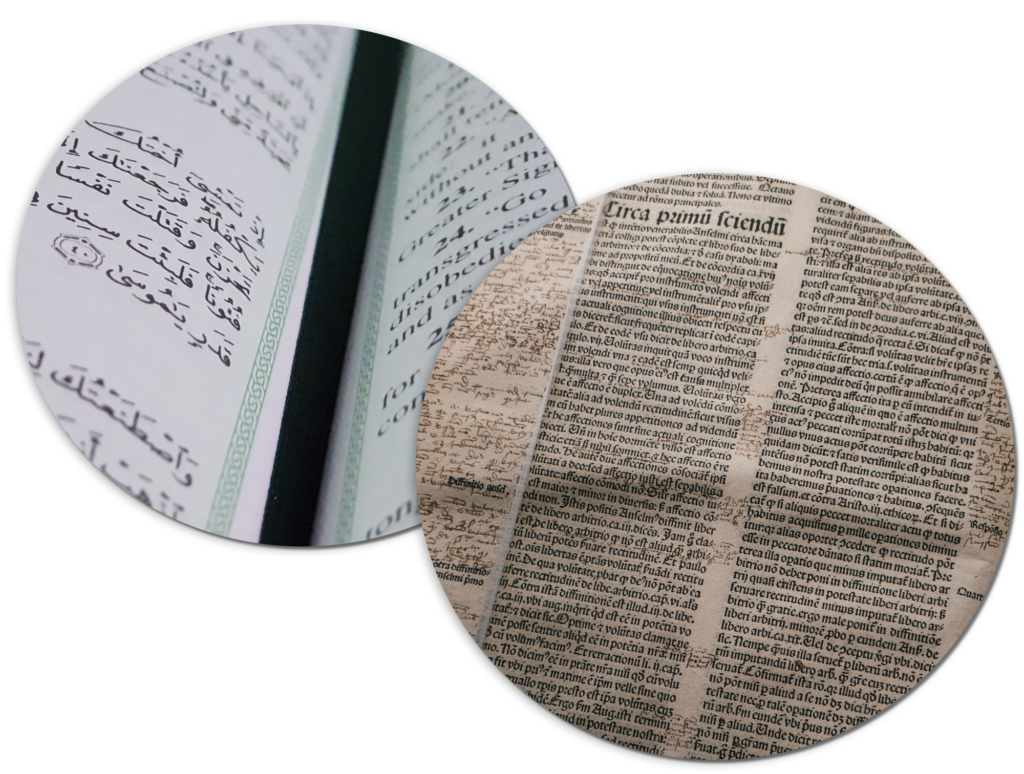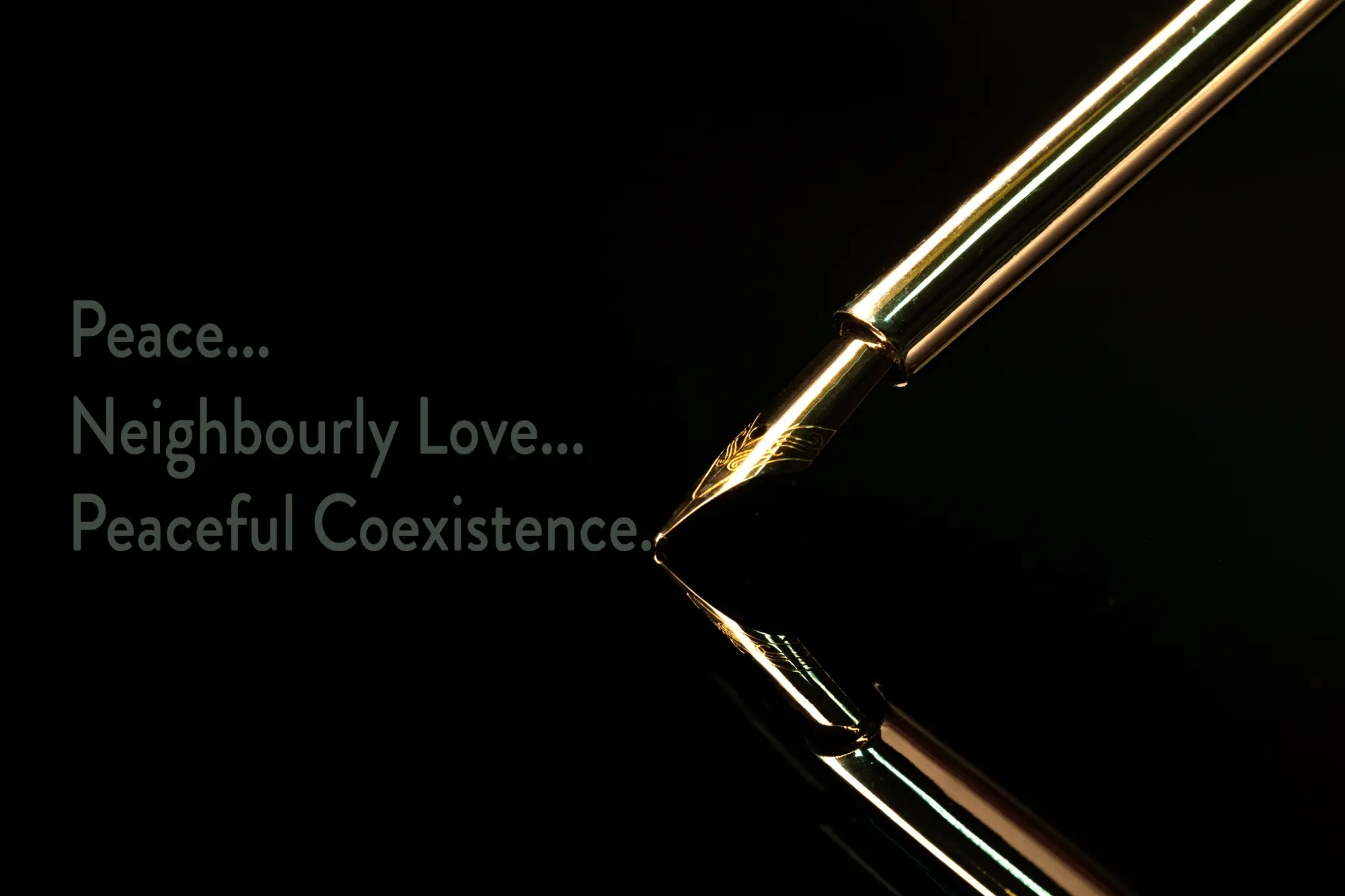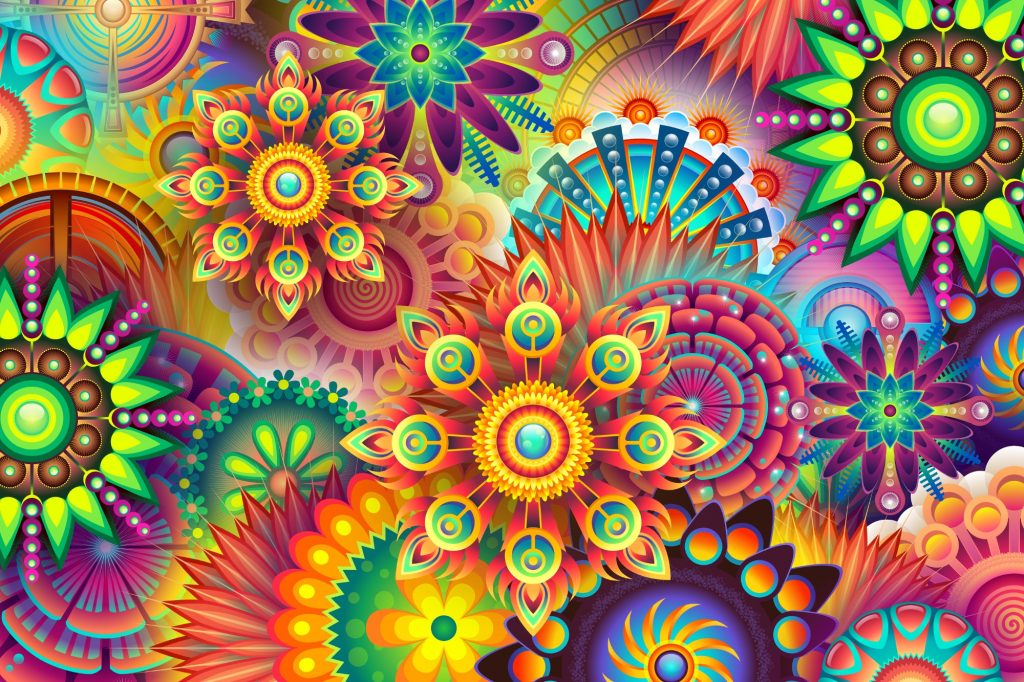
Religious books these days are taken as basis to judge people. As if people following Islamic traditions were equal to what is found in the Koran.
As if every Christian you can meet would be exactly the way the bible states.
A more stupid approach cannot be imagined: people who study religion for a living, who are either university fellows or academics in the field of one religion or even religions as a subject, will tell you how contradictory the bible can be in only ‘one book’.
Take the old and the new testament and place them side by side and find out what values are purported there:
you will be amazed.
Compare Versions and Ages
Take the Koran and study its Suras and find out how many of them are really applicable to modern life.
How much of it was dependent on living conditions and then recent changes ~1400 years ago!
There have been researchers who found that society before it was not only matriarchal – which basically means, women were considered to be the most important members of society and the ones who were free to choose their ‘mate’ when and how they thought fit.
It is said they would suspend a little bouquet of herbs in a certain place at their house’s front door to indicate to the current partner that he was free to leave because they had found someone else.
These researches are still in dispute among the traditional scientists of these fields. Some people would perhaps refute them just because they cannot bear the idea that things could have been so much more in favour of women.
Be that as it may: matriarchy and matrilinear societies and religions exist to this day. Matriarchy as the earliest form of society has been established!
To this day, in Jewish religion, the religious membership of a newborn is determined by the membership of the mother: is the mother a Jew, the newborn will be too.
Findings
What I am driving at with all this:
Religious books or scrolls are just that: books, with a partly very long established tradition of reading and interpreting them in the respective religious body.
Historians and social scientists were among the first who dared looking for the truth behind it.
And if you do only for a few minutes around Europe with the bible, as I suggested above, and afterwards go into the ‘streets’ of your home town and try and find people that are like that… I’ll hand it to you!
So, stop comparing the Koran with people living in the Islamic tradition. And stop trying to make out that the bible was always the only truthful basis for the human rights act – in other words:
know them by their deeds!

